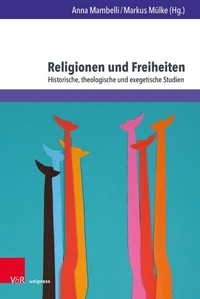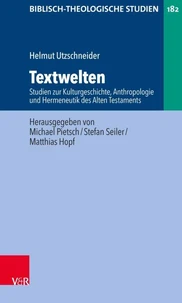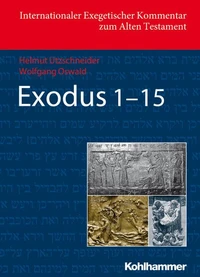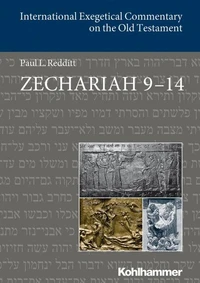Exodus 1 - 15
Par : , , , ,Formats :
Disponible dans votre compte client Decitre ou Furet du Nord dès validation de votre commande. Le format ePub est :
- Compatible avec une lecture sur My Vivlio (smartphone, tablette, ordinateur)
- Compatible avec une lecture sur liseuses Vivlio
- Pour les liseuses autres que Vivlio, vous devez utiliser le logiciel Adobe Digital Edition. Non compatible avec la lecture sur les liseuses Kindle, Remarkable et Sony
 , qui est-ce ?
, qui est-ce ?Notre partenaire de plateforme de lecture numérique où vous retrouverez l'ensemble de vos ebooks gratuitement
Pour en savoir plus sur nos ebooks, consultez notre aide en ligne ici
- Nombre de pages360
- FormatePub
- ISBN978-3-17-025337-7
- EAN9783170253377
- Date de parution20/11/2014
- Protection num.Digital Watermarking
- Taille3 Mo
- Infos supplémentairesepub
- ÉditeurKohlhammer
Résumé
This commentary interprets the first part of the book of Exodus, through 15:21. It features two approaches. On the one hand, the commentary interprets the final form of the traditional Hebrew text "synchronically" by means of form criticism and modern literary methods. On the other hand, it "diachronically" reconstructs the predecessors of the final form, from its origins in an exodus composition that opposes political domination to the text's final form as a dramatic narrative about the transfer of sovereignty from the Pharaoh to the God of Israel.
Concluding syntheses examine the relationship between these two interpretive approaches while adding reflections on traditional and contemporary concerns.
Concluding syntheses examine the relationship between these two interpretive approaches while adding reflections on traditional and contemporary concerns.
This commentary interprets the first part of the book of Exodus, through 15:21. It features two approaches. On the one hand, the commentary interprets the final form of the traditional Hebrew text "synchronically" by means of form criticism and modern literary methods. On the other hand, it "diachronically" reconstructs the predecessors of the final form, from its origins in an exodus composition that opposes political domination to the text's final form as a dramatic narrative about the transfer of sovereignty from the Pharaoh to the God of Israel.
Concluding syntheses examine the relationship between these two interpretive approaches while adding reflections on traditional and contemporary concerns.
Concluding syntheses examine the relationship between these two interpretive approaches while adding reflections on traditional and contemporary concerns.








